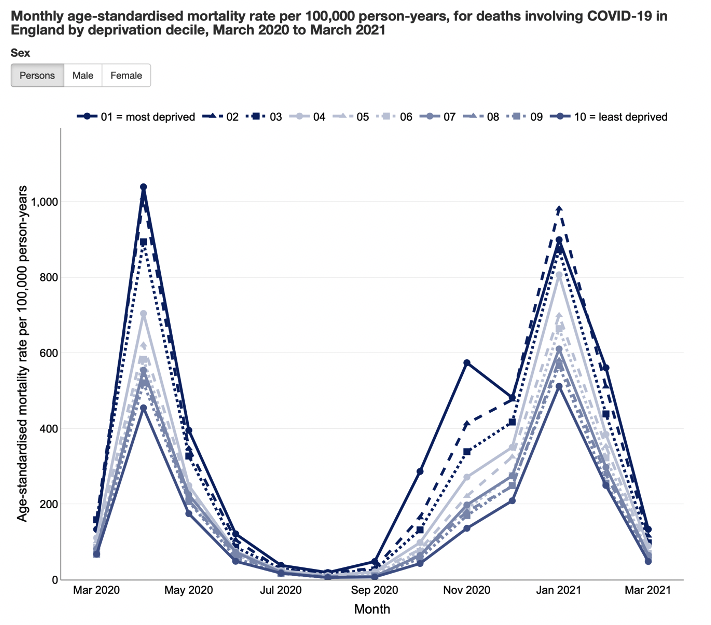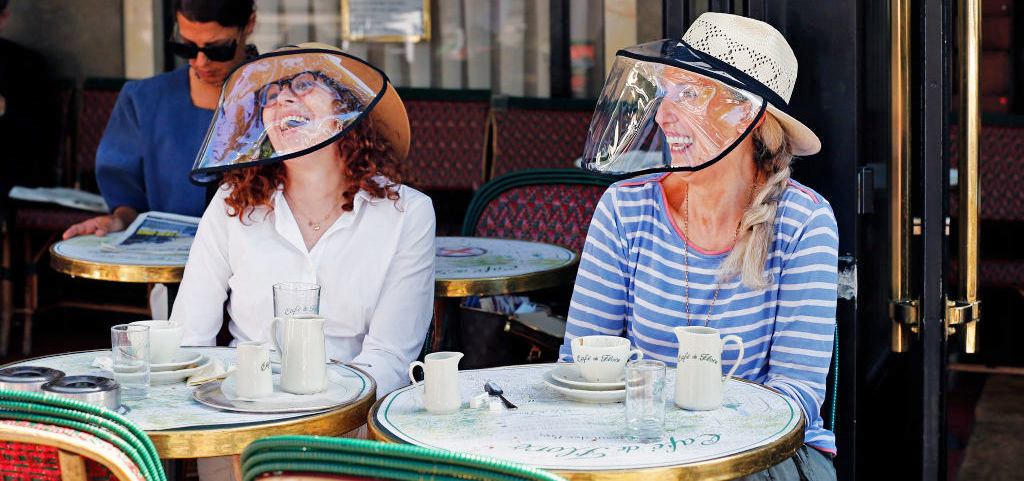A new pandemic is upon us — but it doesn’t involve viruses. It doesn’t involve the WHO, or perfidious cave bats. It’s a pandemic of opinion pieces written by liberals complaining of “reopening anxiety”. The gold standard of these essays was published in this week’s New Yorker by the writer Anna Russell.
Shortly after the re-opening of pubs and restaurants, Russell meets up with some friends. The conversation soon heats up:
Is this what constitutes “reopening anxiety”? Of course there are those who do genuinely suffer from social anxiety — it’s real, and the condition can often be debilitating and paralysing. But there are also those that fret about wearing the right jeans when they go out.
And this piece is not the only one. The Times quotes a charity director who warns that society will have to “build up their tolerance” to busy places “gradually” while The Guardian asks its readers if they have created a “regular lockdown day” for themselves and their family. Often these articles claim that ‘loving lockdown’ has become taboo, a guilty pleasure for the WFH crowd. The sheer number of articles published on the theme rather suggests the opposite though.
Anxiety about “reopening anxiety” is another demonstration of the way this pandemic is being told primarily through the eyes of the middle-class. They, for the most part, have enjoyed their time during lockdowns and stay at home orders. These articles reflect a version of the last year which has only been true for a privileged elite.
For many others, often in poorly paid, or unstable employment, getting through the pandemic has involved working face-to-face throughout, often regardless of underlying health conditions. Likewise, the unhappy experiences of students, barred from attending in person education, or young professionals trying to work in crowded house shares, remain, for the most part, untold.
Sadly, the middle-class focus in the media has been reflected in the Government’s Covid policy too. Much of the political response to Covid has ignored the lack of pay to isolate, and inadequate sick pay — especially for those in casual employment — often to the detriment of the overall pandemic response. Indeed, one study showed that 67% of those in insecure jobs reported receiving no sick pay, which may be why another study found only 18% of those who had symptoms self-isolated. Most damning of all, Public Health England revealed last week that as the decile of deprivation went up, deaths from Covid soared correspondingly.

Covid has become a disease of the poor. While extensive lockdowns and stay at home orders may have protected the rich, (with Amazon share prices climbing ever higher as the fortunate got their needs delivered to them), data shows they have failed to protect the poor to the same degree.
To make matters worse, these groups find themselves ignored in the media, their losses and harms unacknowledged. We owe it to them, not just to reflect on how the pandemic response has harmed them, but also to tell their stories.










Join the discussion
Join like minded readers that support our journalism by becoming a paid subscriber
To join the discussion in the comments, become a paid subscriber.
Join like minded readers that support our journalism, read unlimited articles and enjoy other subscriber-only benefits.
Subscribe